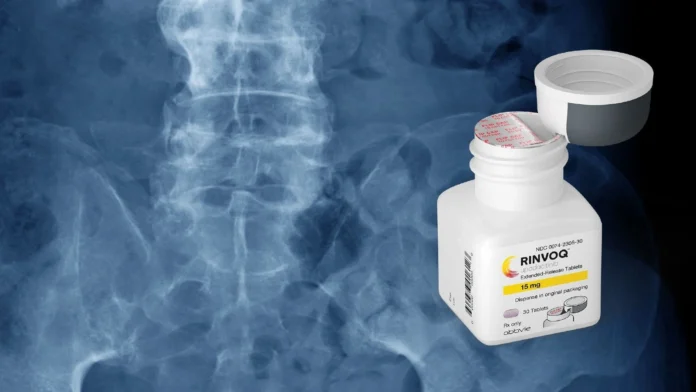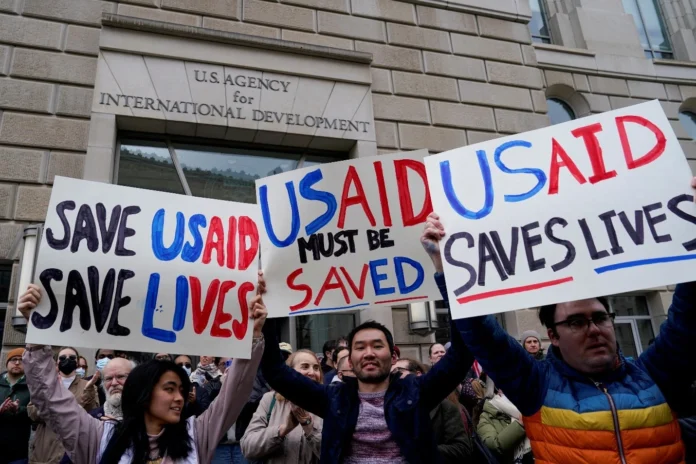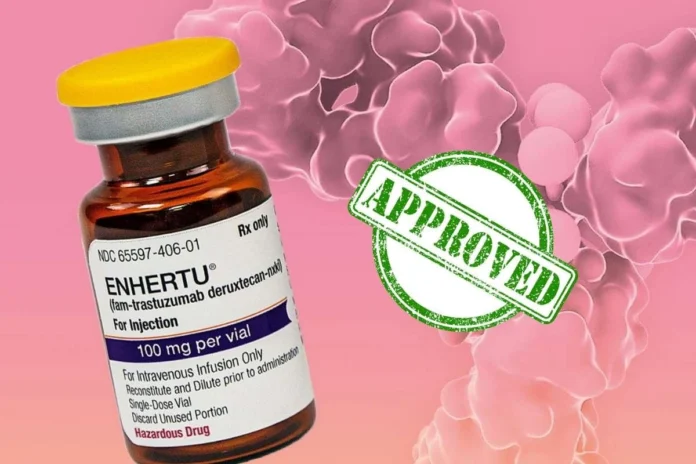With giant cell arteritis nod, AbbVie’s Rinvoq reaches eight approved uses in EU
AbbVie announced Tuesday the European Commission (EC) authorised Rinvoq (upadacitinib) as the first and only oral JAK inhibitor to treat adult patients with giant cell arteritis (GCA), marking the drug’s eighth approved indication in the EU.
“The EC approval…provides… a new treatment option… for adults living with GCA — a particularly vulnerable population due to older age and frequent comorbidities,” said Roopal Thakkar, chief scientific officer of AbbVie.
The latest clearance, which follows a positive recommendation by the European Medicines Agency’s drug advisory body in February, is backed by compelling data from the pivotal Phase III SELECT-GCA trial. The study’s part 1 results showed that 46.4% of patients receiving Rinvoq once daily in combination with a 26-week steroid taper regimen achieved sustained remission at week 52, compared with 29.0% of patients on placebo with a 52-week steroid taper regimen. Moreover, the treatment demonstrated significant benefits in reducing disease flares, lowering cumulative steroid exposure and achieving sustained complete remission through the 52-week study period.
Other than GCA, Rinvoq holds EU authorisations for the treatment of radiographic and nonradiographic axial spondylarthritis, psoriatic arthritis, rheumatoid arthritis, ulcerative colitis, Crohn’s disease and atopic dermatitis. AbbVie has also filed a regulatory application with the FDA for the GCA indication. Moreover, the JAK inhibitor is undergoing late-stage testing for alopecia areata, giant cell arteritis, hidradenitis suppurativa, Takayasu arteritis, lupus and vitiligo.
With global sales of nearly $6 billion in 2024, Rinvoq remains a key driver of AbbVie’s immunology portfolio growth, alongside the IL-23 inhibitor Skyrizi (risankizumab) which raced past Humira (adalimumab) last year as the company’s top-selling drug.











